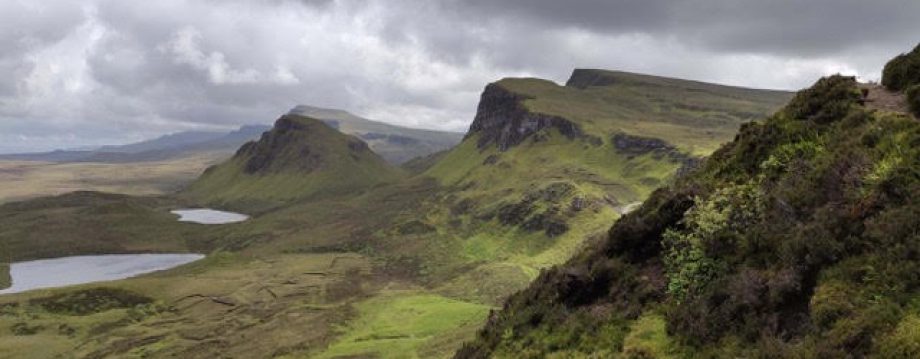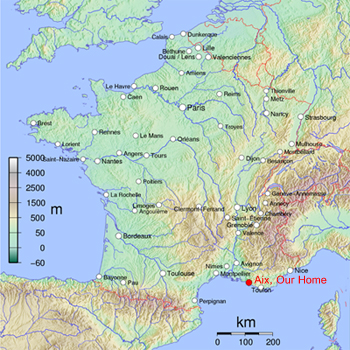Headline News this week: “Teenage Girl Bears Witness.” Darnella Frazier, at age 17, watched and recorded the protracted suffering of a man, George Floyd, as his life was slowly, purposefully extinguished by another man, a policeman. As he was dying George Floyd called for mercy; he called for his mother; he called for another breath of life.
At the trial, the girl testified about what she saw and how she has felt during the year since she witnessed the death. Every day she has “cried and cried,” she said; in her aloneness she has “apologized” over and over to the soul of George Floyd for “not doing more to save him.” Who will comfort Darnella Frazier?
To be a witness feels like it is never enough. Call out his name. Comfort the witnesses.
Elie Wiesel, a Jewish scholar, humanist and Nobel laureate, was deported at the age of 15 with his family in 1944 to German extermination camps, first Auschwitz, then Buchenwald. Each of his family members was murdered within a year. He survived. As a witness to the suffering in those camps, his own suffering and others’, Wiesel devoted his life to writing, teaching and asserting that we, the larger community of humanity, must remember the Holocaust lest we doom ourselves to repeat it, lest we doom ourselves to become inhumane. We must remember.
Reporters proclaim that it took great courage for Darnella Frazier to stand as a witness to torture: to tell the truth of what she saw when George Floyd was killed. Elie Wiesel was awarded the Nobel Peace prize in 1986 for telling the truth about the genocide he witnessed, for speaking out against violence, repression, and racism. But we are not always rewarded or celebrated for bearing witness. In fact, witnesses can find themselves in grave danger for speaking the truth of what they have seen, heard, experienced.
Yet, witnessing is what we do, despite the risks. As small children we speak what we see until trained not to. It is what we want to do if we choose to be present, aware, and attuned to life around us. Witnessing means choosing to care about others’ lives, their suffering and their joy. Wiesel has said: listening to a witness makes you a witness.”

Keeping quiet, turning away, is what we learn: it is how one tries to cope with the dangers of bearing witness, dangers that arise from within and well as from outside oneself. Darnella Frazier or Elie Wiesel could have chosen to look away, to “forget,” to deny, or to distort their memories in order to spare themselves the pain of their continuing conversations with the souls of the ones who were lost: George Floyd, Elie Wiesel’s mother, his father, his sister, and those millions exterminated in the camps. But one can never undo what has already been seen, touched, heard.
Moreover, a person who has witnessed such terrible events can become afraid that they will be overwhelmed by their own feelings generated by what they have experienced: feelings of pain, grief, rage, helplessness. Indeed, the witness shares the feelings of those whose lives they have witnessed, through empathy and compassion.
While there is a moment of public celebration that a brave young woman was able to tell the truth and be heard, there is also at this same time resistance to her voice, a broad effort to shut out the truth of the suffering and injustice we have witnessed. As I write, laws are being enacted across this country to silence the voices and actions of those who would “Call out his name,” and to punish those who would come into community to bear witness together. Fear of truth can congeal into an embrace of evil.
“To witness is an act of hope,” Elie Wiesel said. It is what we must do. To bear witness is to assert our compassion, our common humanity, with all the joys and sorrows, blessings and suffering that being human brings. Who will protect and comfort Darnella Frazier, she who has given us a gift of hope?

